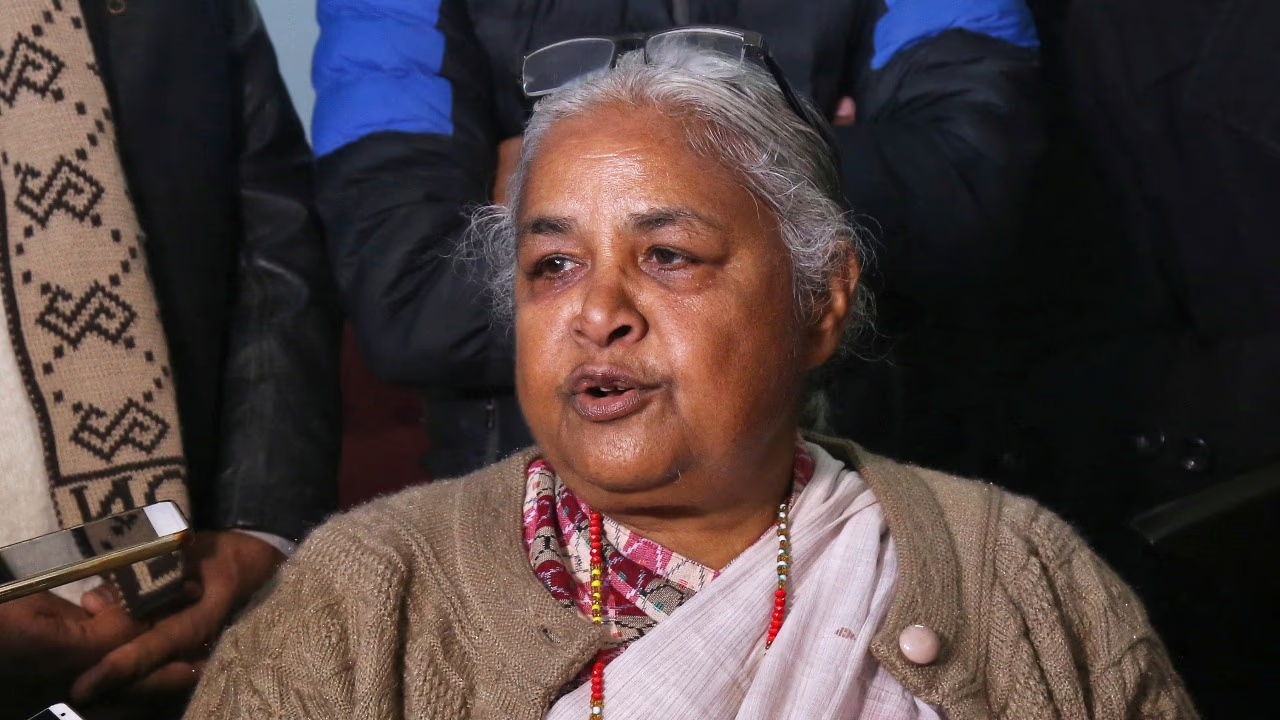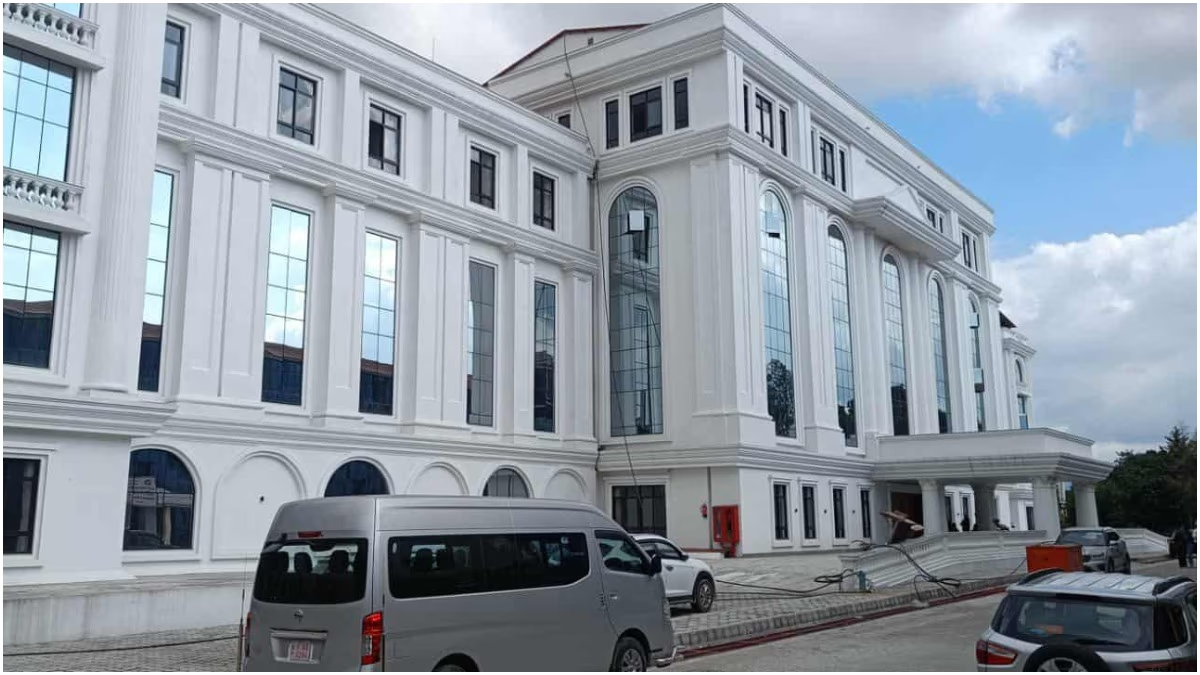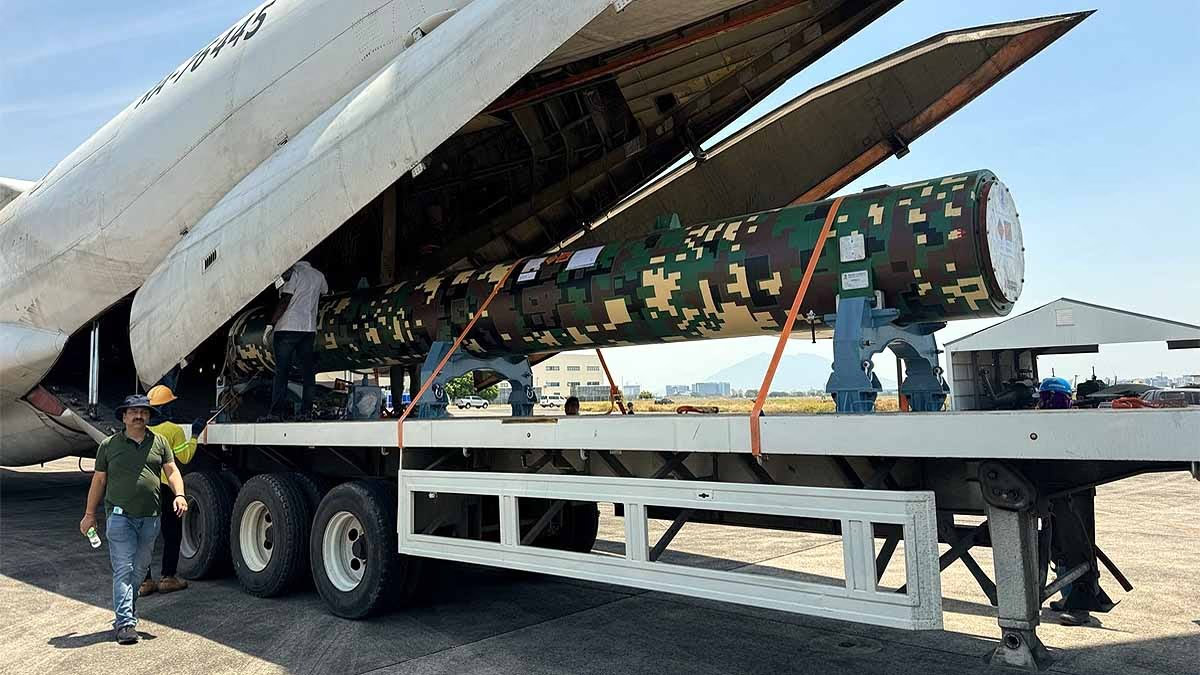Hope has finally glimmered in unstable Nepal after three tumultuous days
Amid political upheaval triggered by Gen-Z-led protests, consensus has been reached on former Chief Justice Sushila Karki to lead the interim government. The decision was made during a meeting of Gen-Z groups, attended by President Ram Chandra Paudel and General Ashok Raj Sigdel.
Initial Challenges to Consensus
Sushila Karki has been in the forefront, previously seen as a potential alternative to K.P. Sharma Oli. However, issues like her age initially impeded agreement on her name.
Although Karki has a clean image, controversies have shadowed her. She was appointed as Nepal's first female Chief Justice on July 11, 2016, with support from K.P. Sharma Oli, who has now been removed from office.
Bold Decisions as Chief Justice
During her one-year tenure, Karki cemented her reputation with decisive rulings. She fearlessly judged cases against ministers and influential bureaucrats, confirming her status as a courageous judge.
Nepal's Most Notorious Plane Hijack
A notable part of Karki’s story is tied to her husband, Durga Prasad Subedi, and his role in Nepal's first high-profile plane hijacking. This case, involving Bollywood actress Mala Sinha, was a significant event for both Nepal and India.
The Event of 1973
During King Mahendra's rule on June 10, 1973, a plane from Royal Nepal Airlines was hijacked enroute from Biratnagar to Kathmandu. Among its 19 passengers was renowned actress Mala Sinha. The hijack aimed to seize the Rs. 3 million being transported from Biratnagar banks rather than harm the passengers. Girija Prasad Koirala, then a leader of the Nepali Congress and later Nepal’s PM, orchestrated the plan.
The Plot by Former PM and Karki’s Husband
The hijack aimed to finance an armed struggle against the monarchy. Durga Prasad Subedi, recently released from jail, was a close aide of Koirala. The hijacked plane landed in Bihar, India, where the loot was later transported to Darjeeling by car. Subedi and other perpetrators were later arrested in Mumbai and jailed for two years. They were released during India's Emergency in 1975.
Courageous Verdicts by Sushila Karki
Despite her husband's tumultuous past, Karki maintained her own distinct identity. She persistently fought corruption, pronouncing historic judgments as the Chief Justice. Remarkably, she sentenced then-Minister of Information and Communications, Jay Prakash Gupta, to jail – a first for a sitting minister in Nepal.
Additionally, Karki’s ruling led to the removal of Lokman Singh Karki, head of the Anti-Corruption Bureau, who subsequently fled to Canada. Her decisions underscored her commitment to battling corruption and fostering judicial reforms, earning her immense respect, especially among the youth advocating against corruption and authoritarianism.
Challenges During Her Tenure
However, Karki’s tenure was not without challenges. Her daring decisions sparked political frictions, leading to an impeachment motion accusing her of overstepping executive boundaries. Though temporarily suspended, Nepal’s Supreme Court eventually reinstated her position, prompting constitutional amendments to safeguard judicial officials from suspension by mere impeachment filings.
The Journey of Sushila Karki
Born in Biratnagar, Nepal, Karki had close ties with Nepal Congress founder B.P. Koirala. Her father aspired for her to become a doctor, but she chose law. At Banaras Hindu University, she met her husband, Durga Prasad Subedi, while pursuing her master's in political science before studying law at Tribhuvan University, Kathmandu. Throughout her career, Karki upheld staunch anti-corruption stances and advocated for judicial reforms, distinctively marking her presence in Nepal’s judicial history.
Currently, amidst violent protests spearheaded by Nepal’s Gen-Z against corruption and authoritarianism, stability seems to loom with the consensus on Karki's leadership. With her impending swearing-in, Karki is set to once again demonstrate the fearlessness that defined her tenure as Nepal’s first female Chief Justice.




